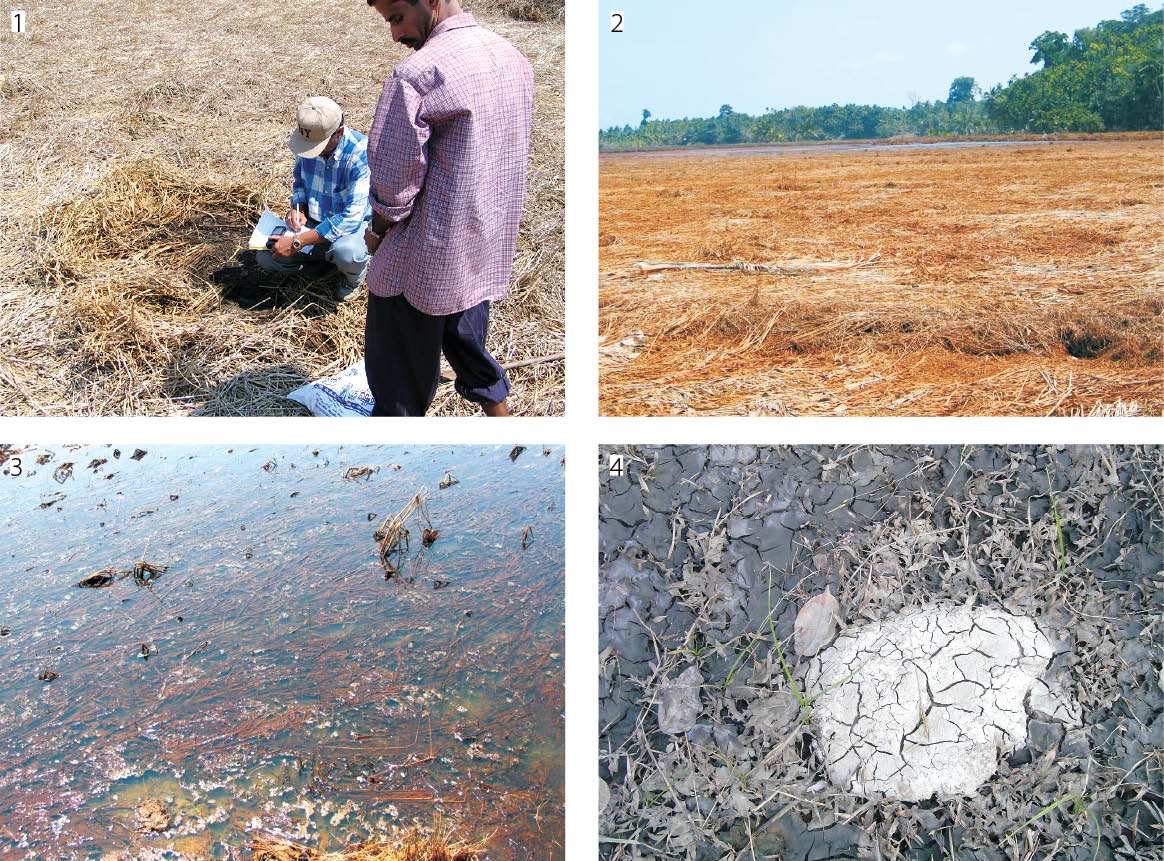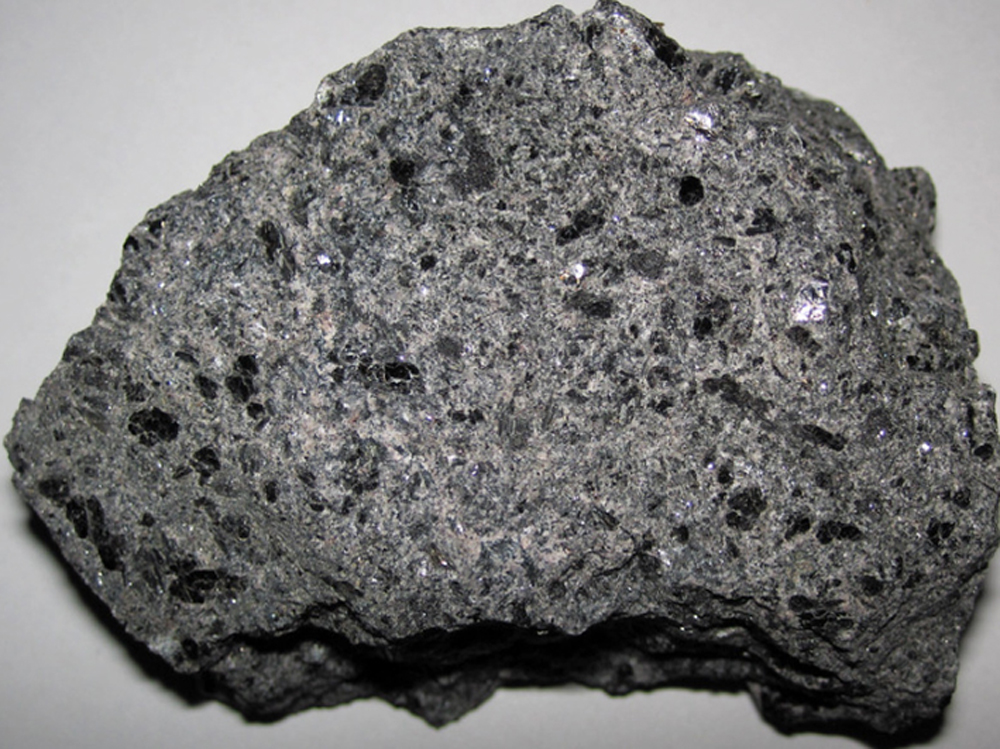Impact of Tsunami on Soils of South Andaman



India is set to embark on a new chapter in its Polar exploration journey with the construction of Maitri II. The Indian government plans to establish a new research station near the existing Maitri ba...
.png )
The Deep Ocean Mission (DOM), approved by the Government of India in 2021 under the Ministry of Earth Sciences (MoES), represents a strategic step in realizing Sustainable Development Goal 14 (SDG 14:...

China recently announced restrictions on the export of seven rare earth elements (REEs), soon after US President Donald Trump decided to impose tariffs. As the world's dominant supplier—responsible fo...
The 2004 tsunami in coastal areas of Andaman and Nicobar Islands has not only devastated lives but also ecosystems rendering the soil and water resources salt affected. Periodical soil and water sampl...
The 2004 tsunami in coastal areas of Andaman and Nicobar Islands has not only devastated lives but also ecosystems rendering the soil and water resources salt affected. Periodical soil and water sampling in selected locations of South Andaman reveals that post tsunami, the soluble salt concentration increased markedly. This was, however, offset by subsequent high rainfall of 3774 mm in 2005 result...
